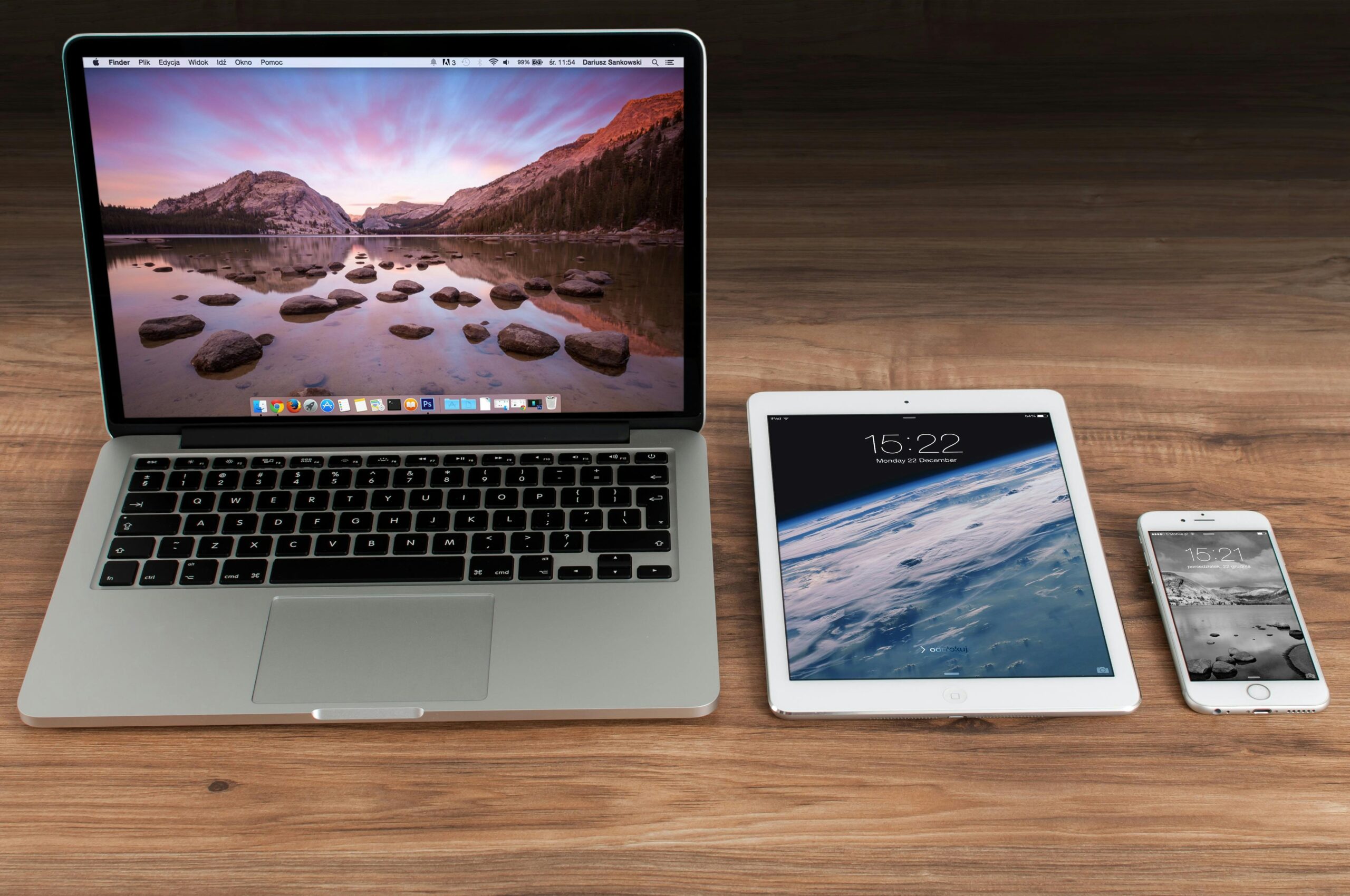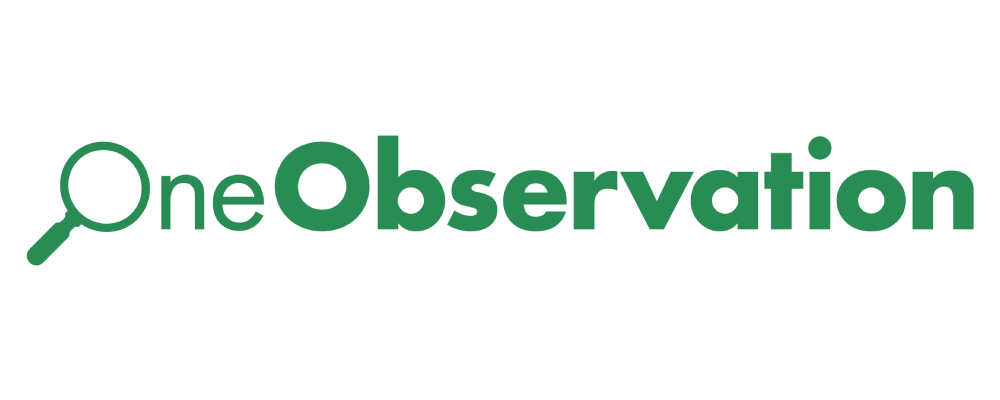The office has changed forever. No longer is it the center of company life. Now, the center of a company is its people. As Zoom rooms replace conference rooms, and bedrooms replace cubicles, people and work are the only constants in the business world.
The article below discusses the concept of Office Zero, the hybrid model that allows people to work from wherever they want. Some benefits to this model include mental health, reduced carbon footprint, reduced rent for office space, and increased access to talent.
Whether you like it or not, the hybrid model is here to stay. If you are interested, please read more below.
Charlie Coppola
Office Zero: The Future of Work Is Not About the Office
Joshua Peskay: May 16, 2022, 1:19:03 PM
The rise of the internet and mobile technologies has made remote and flexible work more popular than ever before. With a laptop and an internet connection, employees can now work from anywhere in the world. This gives employees the freedom to design their schedules and choose when and where they want to work.
This flexible approach to work provides a better employee experience while also providing opportunities to improve productivity over traditional office work. So, instead of the workplace being organized around a single physical location at a single time, e.g. the office from 9-5, the workplace can now be organized around….work.
The office as we knew it is a thing of the past. The majority of modern workers do not need to be in any particular physical space to meaningfully contribute to your organization. Technology enables work to be organized and optimized around collaboration, not location.
The Pandemic Accelerated an Existing Trend
For decades, we have been living through a technological revolution that was already reshaping the way we work. Advancements in communication and collaboration tools have made it possible for more people to work remotely than ever before.
The COVID pandemic radically accelerated this trend, as nonprofits and businesses were forced to adapt to new ways of working to survive. As the world adapts to the new normal of remote work, we are likely to see even more innovation and productivity gains in the years ahead.
The Battle for Talent
More people resigned from their jobs in 2021 than in the history of these numbers being recorded and the trend is continuing in 2022. Whether employers like it or not, remote work is here to stay.
This shift has had a profound impact on the workforce, as employees are now able to enjoy greater flexibility and freedom when it comes to their work-life balance. In addition, remote work has made it easier for organizations to attract top talent from around the globe.
If your nonprofit wants to compete for the best talent, you must create a workplace that is conducive to flexibility in terms of location. The pandemic exposed a lot of organizations whose metrics for employee performance could be summarized as little more than BIS. If you want your organization to thrive in an Office Zero world, you must be able to effectively manage based on performance, productivity, and creativity, not time and place.
If your organization is not offering a workplace environment that is attractive to top talent, you are operating at a tremendous disadvantage.
The Benefits of Working in an Office Zero environment
The benefits of remote work are many and varied, but they all center around one key advantage: the remote worker has greater control over their work life. With no need to commute to an office, the remote worker can start and stop and restart and end their day at times that optimize their energy and focus.
In addition, the remote worker is usually not tied to a specific location, giving them the freedom to travel and work from, potentially, anywhere in the world. Finally, the remote worker often enjoys a greater degree of autonomy than the traditional employee, with less supervision and more opportunity to take initiative.
Several studies have shown that autonomy is one of the most critical factors for job satisfaction and few things reduce autonomy more than forcing someone to commute ten times a week to spend eight hours or more in an office. In contrast, the remote worker experiences a great degree of autonomy over their work life.
The Organizational Benefits of Office Zero
Some employers worry that remote workers will be less productive than those who are in the office, but a great deal of research has shown that this is not necessarily the case.
Many employees who work remotely increase their productivity while reporting less stress and anxiety than their office-based counterparts. And while there are some challenges associated with hybrid and remote work, such as managing communication and maintaining workplace culture, there are also significant benefits.
For example, offering flexible working arrangements can help to attract and retain talented employees, and it can also lead to increased productivity and creativity. In the post-pandemic world, hybrid and remote work is going to be the norm, not the exception, and employers who embrace this trend will be well-positioned to reap the benefits.
The Physical and Mental Health Benefits of Office Zero
Office Zero can also help to improve mental health among workers. Studies have shown that people who work in more naturalistic surroundings tend to have lower stress and anxiety levels.
They also report higher levels of satisfaction with their work. In addition, working in a non-office environment can help to improve physical health. Workers have more opportunities to move, engage within their community, and get outside. All of these are critical factors for physical and mental health.
How to Create a Workable Office Zero for Your Business
A workable hybrid and flexible culture begin with clarity about what the organization is trying to achieve, what excellent performance looks like, and what are the critical metrics for success. Once that is established, it is important to cascade those expectations through the organization so that everyone has a shared understanding of what is expected and a shared picture of what success looks like.
Good communication is critical to creating a workable hybrid and flexible culture – people need to know what the plan is, how it affects them, and what their role is in achieving success.
Creating a space where people feel safe to express their concerns and ideas is also key – a workable hybrid and flexible culture should encourage open dialogue and debate to foster innovation and creativity. A high degree of psychological safety is one of the most highly correlated characteristics of successful organizations.
Finally, it is important to remember that a workable hybrid and flexible culture takes time to develop – it won’t happen overnight. But by being intentional about it and making it a priority, you can create an environment where your employees can thrive.
Technology is Critical for Success
Office Zero depends on technology. There are three critical technology components to consider in adopting an Office Zero culture:
- Technology – your workers need good computers, good workspaces, high-quality IT support, and best-in-class software and services
- Skills – your workers need the skills to USE the technology you provide for them
- Culture – your organization must support a culture of leveraging technology to collaborate and thrive
Tips for Managing Your Office Zero Workforce
As the world increasingly moves toward a remote workforce, more and more employers are finding themselves managing employees who work from home. While there are many benefits to this arrangement, it can also be challenging to make sure that remote workers are productive and meet deadlines. Here are a few tips for successfully managing a remote workforce:
- Set clear expectations. It is important to communicate your expectations for productivity and performance up front. Make sure that your remote workers understand what is expected of them in terms of both results and process.
- Establish regular check-ins. To ensure that your remote workers are on track, establish regular check-ins via phone or video conference. This will allow you to provide feedback and answer any questions they may have.
- Provide best-in-class technology and IT support for your personnel. In a digital workplace, technology is critical for almost all aspects of work. Failing to provide excellent technology and responsive support leaves your employees to fend for themselves and hurts morale.
- Use effective collaboration and project management tools. Several online tools can help you keep track of deadlines, assigned tasks, and progress reports. Using these tools can help you stay organized and ensure that everyone is on the same page.
- Encourage communication. Remote work can be isolating, so it is important to encourage open communication among your team members. Encourage them to reach out to you with questions or concerns, and create a forum where they can share ideas and information.
Yes, In-Person Still Matters!
Of course, getting together in person still matters. Anyone who’s attended a virtual conference knows that it’s a poor substitute for the expansive social experience of an in-person conference. And not everyone wants to work at home five days a week.
Most humans crave face-to-face interaction. Introverts may crave it a bit less, but everyone needs human contact. And your employees have very different home situations. Some live alone. Some have a partner or roommate. Some have young children and a small apartment.
The ideal workplace will be dynamic and flexible. There will be opportunities for employees to gather in person. For people who prefer to work in an office, an office or coworking space would be available. For hard-working introverts who are perfectly content to never leave their home, that flexibility is provided to them.
We were NEVER all the same, but we were treated the same. Everyone had to come to an office and spend the day there. It was never the greatest idea, but it’s how we did it.
Now we have other options. It’s up to us to make the best of those options.
The Future of the Workplace and How it will Continue to Evolve
The COVID pandemic has upended our notions of what work can and should be, and it remains to be seen how these changes will play out in the long term. What is certain, however, is that the remote and hybrid workplace is here to stay. It has allowed people to remain connected to their work, while also being able to live their lives in a more balanced way.
Office Zero will continue to evolve. For employers, it can help to provide greater retention and staff satisfaction while reducing costs associated with office space. For employees, it can provide greater flexibility and freedom when it comes to their work schedule. As we move forward into an increasingly digital world, the remote workplace will only continue to grow in popularity.
The question is not whether Office Zero is here to stay, but how nonprofits will adapt and evolve to meet the changing needs of the modern workforce.









